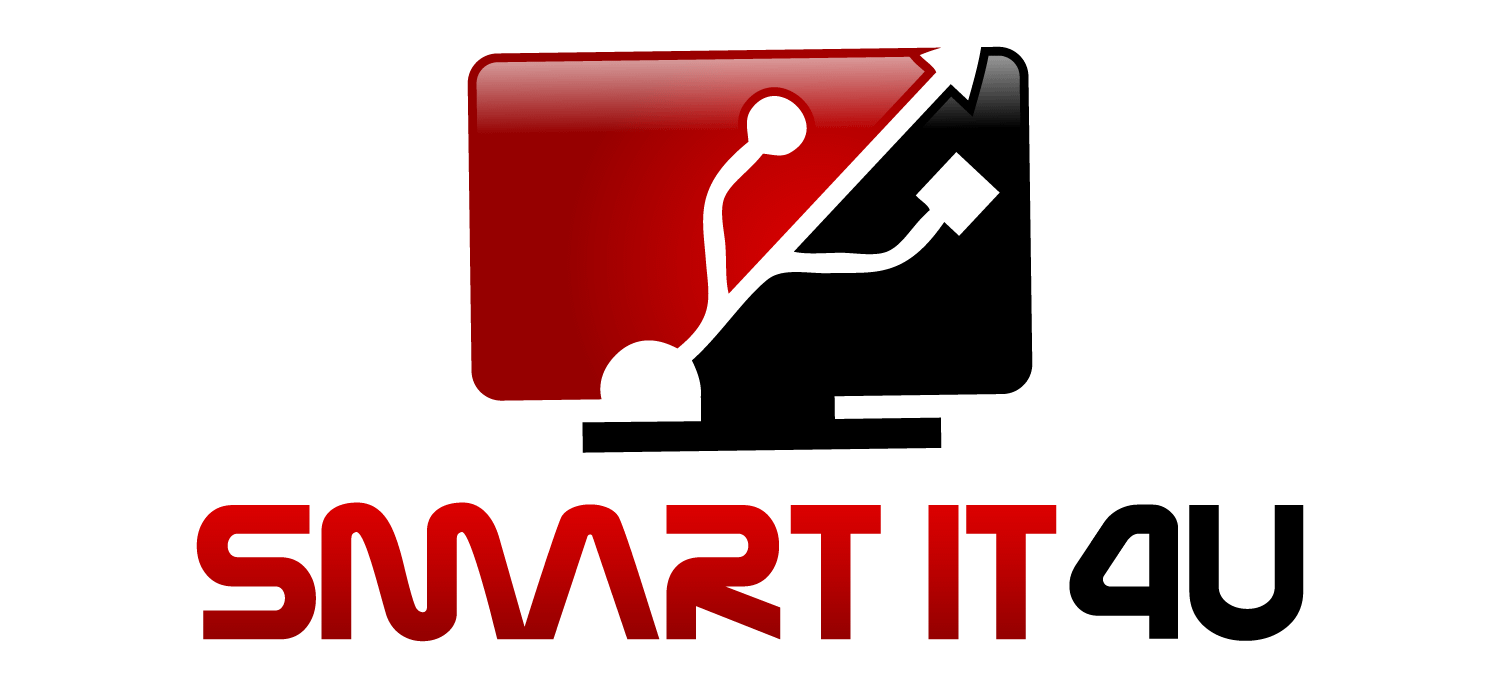When you start a business there are no shortage of things to consider, whether you need communications tools to enable you to be contacted by prospective customers, a website to demonstrate the services or products you offer or productivity applications to capture useful information to enable you to effectively run your business, to name but a few. Whatever your type of business you are likely to benefit from technology in some way. However, like most things in life, technology rarely comes for free. That means you will probably need to decide which tools or items of technology are most important to the initial success of your business.
To help you though this challenge we will describe some of those technology options to help you consider where to invest any initial funding so that you can grow your business as quickly as possible.
Marketing and Communication
At its simplest this is your ability to tell the world about your business. You can tell your potential customers what you do and how they can engage with you. Historically this might have meant printing and distributing flyers, advertising in local papers or purchasing listings in local business directories. With the advent of the internet this invariably starts with a web-site to enable customers to find you, this means that you need to know what kinds of things your customers might search for and how to optimise your listing on typical search engines such as Google or Bing. As well as a web presence, there are also the social media platforms such as Instagram, Facebook and Twitter. The entry cost for these platforms is typically very low, but without being clear about how you want to use them, now and in the future, you can soon spend a lot of valuable time trying to produce content that doesn’t generate any business. It is worth considering who your typical customer is and thinking about he most likely way they would look for your good or service, then you create a simple strategy for your marketing and communication that can support any technology decisions.
Productivity and Document Management
This area covers the applications that you might use to support some of the activities you undertake as a business. You might need a spreadsheet package to record information such as sales or to create initial invoices or other critical business information. Additionally, you may need to write letters to suppliers or customers, create presentations to describe various services or to assist when pitching for business. Once you have created these various electronic documents you need somewhere safe and secure to save them. They may need to be accessible to other members of you organisation or even accessible when you are away from the office or other business location. You will need to consider any data security and privacy implications if you store customer or employee data, particularly if it is personal information.
Customer Relationship Management
CRM for short is a way of capturing the details of your customers or potential customers and your interactions with them. This technology and the data that you store in them can be used to drive sales and increase profitability. The interactions you have with your customers can take many forms and maintaining comprehensive records of those interactions will help you to understand what works well and what aspects of your business processes can be improved. Like most components of any fledgling business CRM can be undertaken in as simple or sophisticated a fashion as you wish. Furthermore, modern technical solutions often allow you to start small and grow as your business grows.
Finance and Accounting
All businesses are created to make money and so finance and accounting systems are a key requirement even in the early stages. It is always best to take professional advice when it comes to understanding what your obligations are in respect of financial reporting and tax and there is a wide range of solutions that keep help you manage these responsibilities. Before you select any given tool you should think about how many people will need to access the system, whether you need to manage your payroll using the system, whether you need to manage invoices and whether you want to be able to manage your finances when you are away from the office or normal place of business.
Business Intelligence
Refers to the way that you use all the data or information about your business to help your business grow and succeed. It will help you to make clear decisions about the way you operate your company and what you should invest in to grow your business. As with most technology associated with running a business there are a range of tools that you can buy to help you progress. It may be that you want to track your sales to monitor what products or services are most successful or to understand how many web site visitors you had in a given month. There is a huge array of measures that you can record and use to understand how your business is performing. This is one area where you might want to start small to see what you find useful before investing too much money in expensive tools or capabilities, but as your business grows it will become clearer which areas will benefit from more intense focus.
Hardware and Software
Whatever areas you decide to focus on it is unlikely that you will be able to avoid having some form hardware or software. Nowadays it is possible to run an entire business on a smart phone or tablet computer, but you may decide that you need home computer or laptop to do more intensive work. Some tasks are easier if you have a large monitor or even dual monitors, you may find it more comfortable to use keyboard and mouse. If you have staff and run a small office you may need to consider shared internet access and security hardware or software. All of the categories above are likely to involve software systems and these can be bought in a variety of ways, sometimes as a one of purchase or more commonly as a subscription.
As you can see there are a huge range of considerations for any new business and it is important that you consider what you want to achieve as a business before making any technology decisions. You probably made a comprehensive business plan before you started or at the least had a clear vision of what you wanted to achieve and this should drive your technology decisions. By considering these foundation decisions you will create a clear platform for success.



